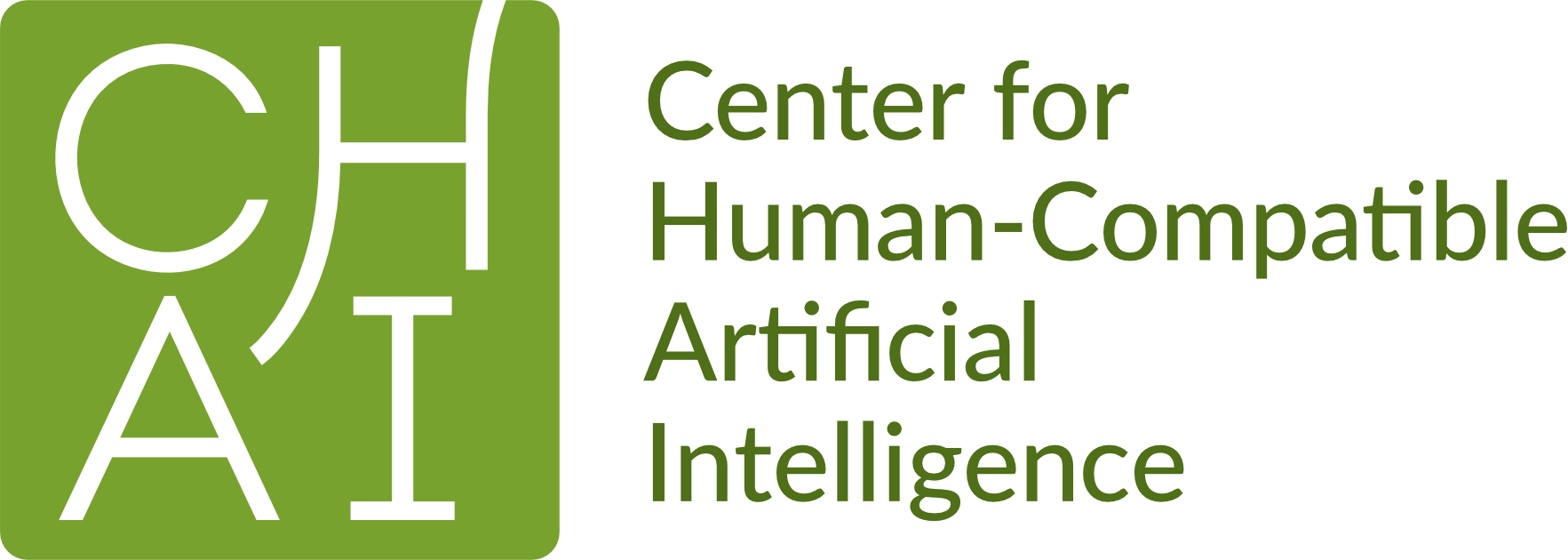Joseph Halpern Publishes “The Evolution of Cognitive Mechanisms in Response to Cultural Innovations”
25 Jul 2018

CHAI’s Joseph Halpern published this article in the Proceedings of the National Academy of Sciences of the United States of America (PNAS). The abstract reads:
When humans and other animals make cultural innovations, they also change their environment, thereby imposing new selective pressures that can modify their biological traits. For example, there is evidence that dairy farming by humans favored alleles for adult lactose tolerance. Similarly, the invention of cooking possibly affected the evolution of jaw and tooth morphology. However, when it comes to cognitive traits and learning mechanisms, it is much more difficult to determine whether and how their evolution was affected by culture or by their use in cultural transmission. Here we argue that, excluding very recent cultural innovations, the assumption that culture shaped the evolution of cognition is both more parsimonious and more productive than assuming the opposite. In considering how culture shapes cognition, we suggest that a process-level model of cognitive evolution is necessary and offer such a model. The model employs relatively simple coevolving mechanisms of learning and data acquisition that jointly construct a complex network of a type previously shown to be capable of supporting a range of cognitive abilities. The evolution of cognition, and thus the effect of culture on cognitive evolution, is captured through small modifications of these coevolving learning and data-acquisition mechanisms, whose coordinated action is critical for building an effective network. We use the model to show how these mechanisms are likely to evolve in response to cultural phenomena, such as language and tool-making, which are associated with major changes in data patterns and with new computational and statistical challenges.
